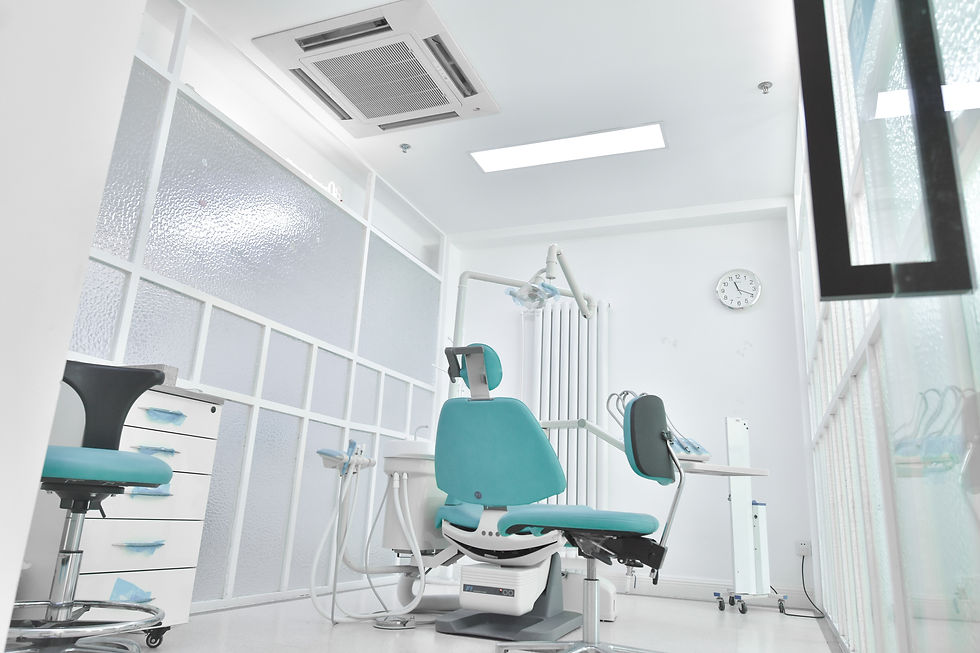How Often You Replace Your Toothbrush?
- ACME Dental Team
- May 17, 2021
- 2 min read
Updated: Jun 10, 2021
You may have heard or read on many occasions that the general recommendation is to change toothbrushes after three months. In fact, if you ask an adult about the recommended time to change your toothbrush, he or she will most likely answer without hesitation: "three months, as recommended by dentists".
While it is true that three months is the approximate lifespan of an average toothbrush in ideal conditions, this is neither a written law nor a universal truth.
We say that three months is usually the functional life span of a toothbrush when certain conditions such as the following exist:
Absence of disease. (There are dental conditions that can damage toothbrush bristles. In other cases, there is a higher than usual amount of bacteria in the mouth, which also affects the life of the toothbrush).
Perfect dentures (malformations in the teeth or jaws can affect the way we brush, and therefore deteriorate the toothbrush more quickly).
No orthodontic appliances are used. (When using orthodontic appliances, special care must be taken in oral hygiene. It is very easy for food debris to remain between the braces, and it must be removed to prevent plaque from forming. There are specific brushes and accessories for the oral hygiene of patients with orthodontic appliances).
Why is it recommended to change the toothbrush every three months? The recommendation to change the toothbrush every three months is made because toothbrushes keep their shape and qualities for more or less twelve weeks. But the truth is that in many cases before eight weeks they begin to lose some of their properties. How often should the toothbrush be replaced? It should be, every time the brush loses its conditions and the ability to clean the teeth, tongue, and gums efficiently and without hurting.
In some cases, toothbrushes keep their qualities for three months, but what usually happens is that before that time they need to be replaced. It is also necessary to say that even if the brush looks perfect, it may still need to be replaced.
This happens when people have suffered from oral disease. If they keep brushing their teeth with their toothbrush, they will be brushing their mouth with a toothbrush that is contaminated with bacteria and disease germs. What happens if I don't replace my toothbrush as recommended by experts? When you don't replace your toothbrush frequently, you not only affect your teeth, but you also run the risk of contracting other types of diseases.
In addition, worn and deviated bristles can damage the delicate enamel of the teeth, and can damage the gums and tongue. In the medium and long term, this contributes to the development of plaque, tartar, and caries.


Comments